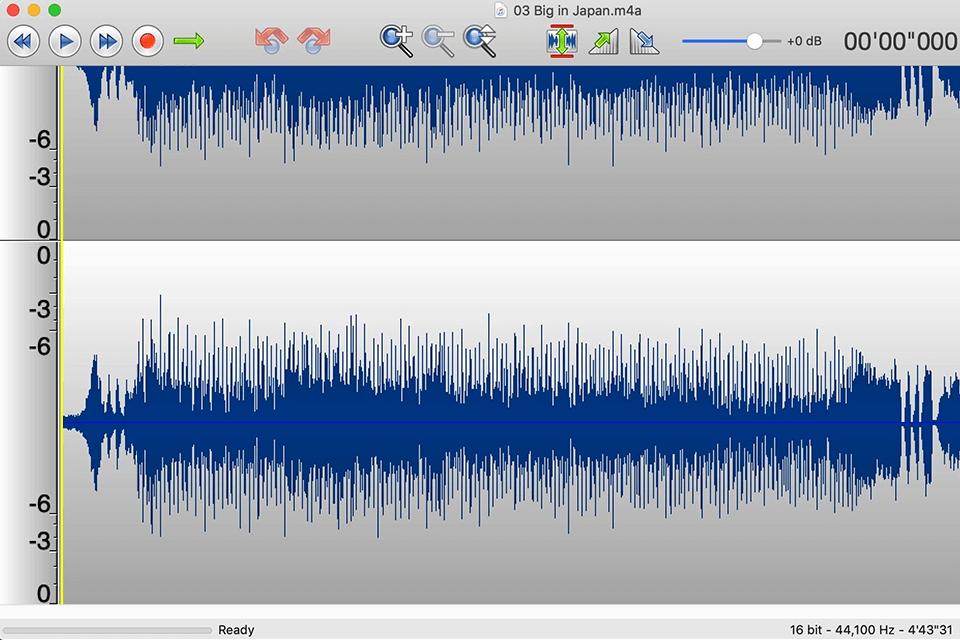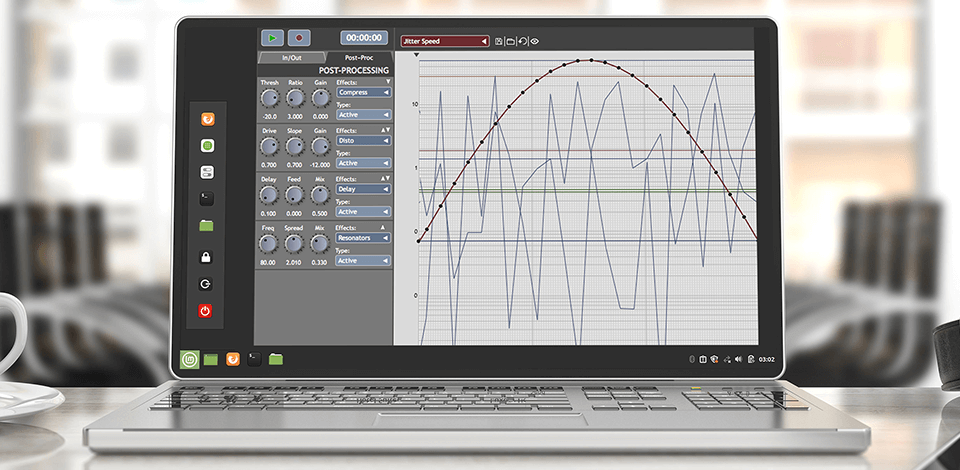
Using the best Linux audio editors, you can record live audio, play it on your PC, and edit various music formats. Moreover, you can improve your tracks using built-in effects and plug-ins and produce interesting mixes.
Some programs allow you to record audio streams through external devices, e.g. microphones, while others make it possible to record sound from musical instruments connected to the Linux system. When creating this list, I considered whether it is possible to record live audio, work with various formats, and change a view mode.
Also, I checked such basic audio editing functions as cut, paste, delete, and copy. Besides, I took into account the price.
Verdict: Audacity allows you to edit, mix and combine audio files with great ease and speed. You can use this Linux audio editor to record audio from your microphone and computer speakers. This free audio editing software also includes a "Volume slider," which controls the volume of each individual track. This feature is useful when you want to make sure that the audio quality is controlled separately from the other parts of the audio file.
This multi-effects recording and playback software provides you various options. First of all, you can set it to playback a single channel of any audio file, or you can select to playback an entire music track. There are also a number of options related to the level of "Opus" distortion. This feature can be used to make the audio appear as a compressor or gate, which is commonly used in mastering or looping tracks.
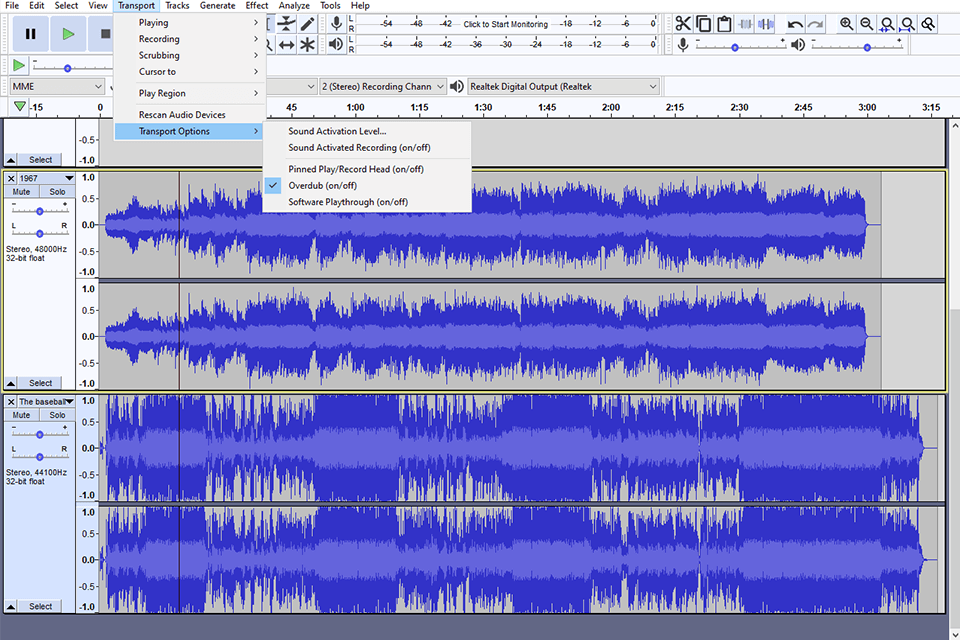
Verdict:With Ocenaudio, you can quickly and easily record or mix audio with its state-of-the-art interface and powerful features. You do not need any fancy graphic card or driver in order to use the Linux audio editor. If you are running a VPS, Ocenaudio will also automatically detect and use your virtual private server so that your clients can have access to your studio from any location. This free Adobe Audition alternative comes with complete walkthroughs and video tutorials.
One of the best parts of this Linux audio editor is its powerful media player feature. Using the feature, you can easily and quickly edit audio and video. The powerful media player feature lets you easily organize your projects and switch tracks without having to restart the editor. You can perform multiple actions such as scrubbing, dropping, expanding, and restoring.
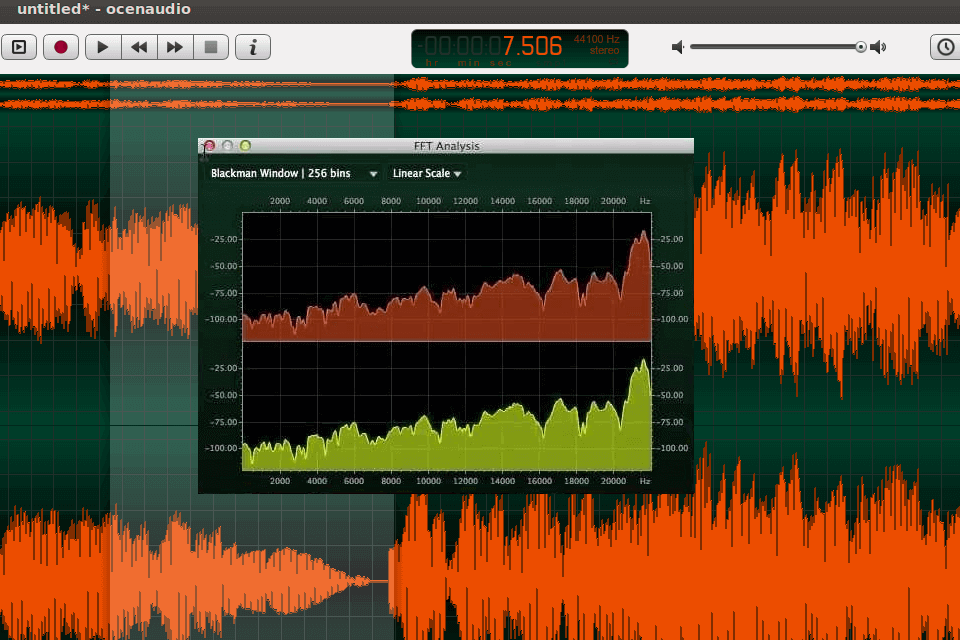
Verdict:Virtual DJ will give you the ability to view, add, and remove tracks from your existing audio files and mix them together. Another great feature of this software is the fact that you can also edit the song directly within the mixer. Using this Linux audio editor, you can also preview an audio track while it is playing.
You can import a track into another program or saving it directly in WAV or MP3 format. Once you saved the track, you can either preview the audio online through the "Share page," or directly save it to your hard drive. This free DJ software for Mac contains powerful features for editing vocals and instruments. The VST plug-in also contains a digital piano roll editor, a sequencer, a compressor, and other VST instruments.
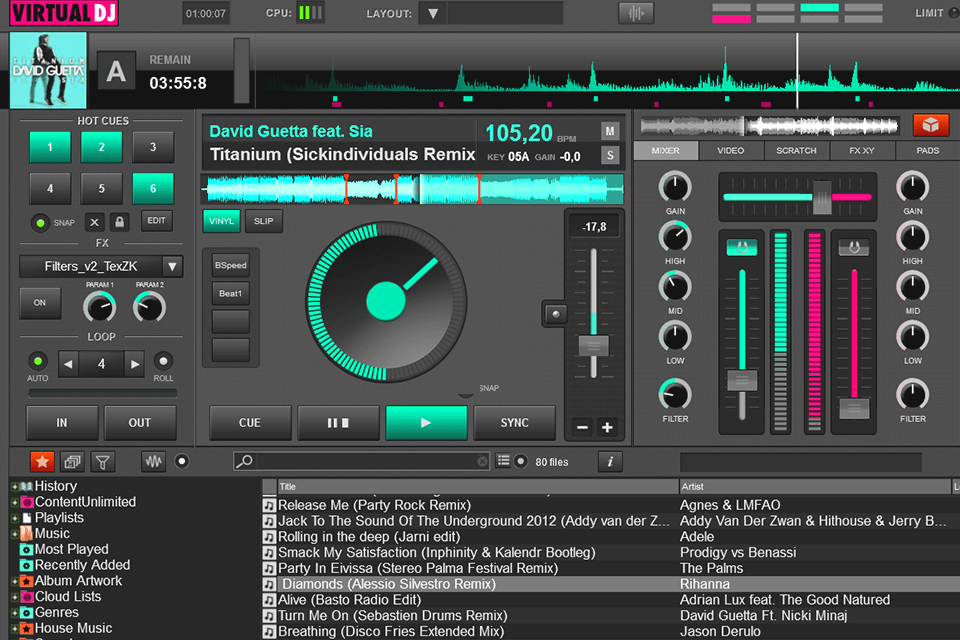
Verdict: You can convert your music files into professional audio files using Ardour. This open source music software helps to produce your audio files in various formats like MP3, WAV, AIFF, or even FLAC.
Once you convert your audio files to these formats, you can then insert them into any music recording application like Cubase, ProTools, Sonar, etc. You can also add some other audio files as well to create a nice blend of audio.

Verdict: You'll find a lot of similarities between the traditional WMM and LMMS. It uses the same panel interface and works the same way. You can drag and drop many audio files and make sure they're played in the background without having to worry about playing them. You can also apply effects to your tracks and you can use it to mix audio from several sources.
If you have any problems along the way, there are plenty of online tutorials that can help you with it. There is a FAQ that you can search through that will answer most of your questions. Also, if you run into problems or encounter bugs, you can easily submit your issue to the developers.
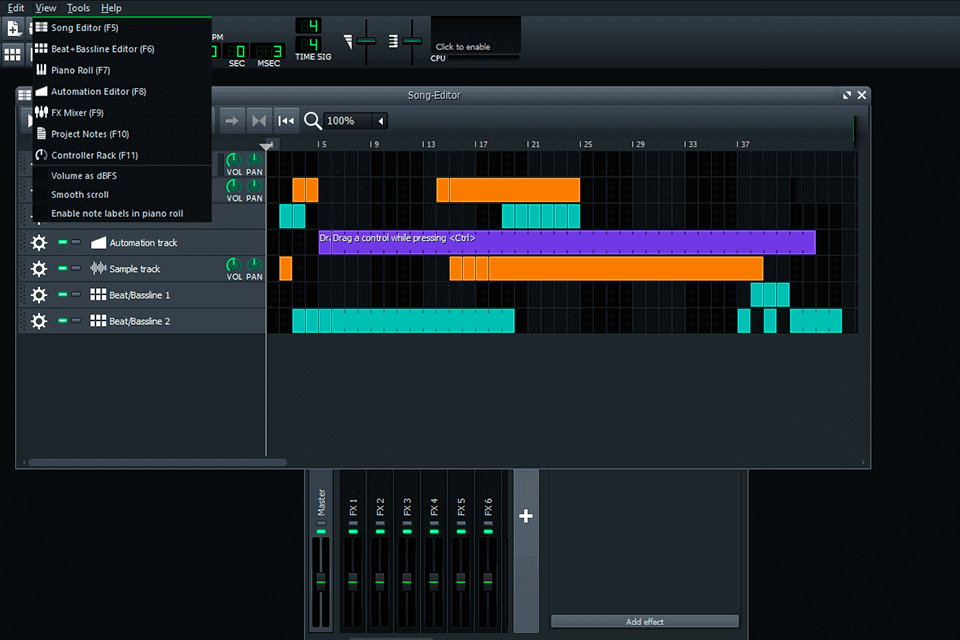
Verdict: With the help of Cecilia, you can record audio from any source and convert them to your desired format such as MP3, OGG, FLAC, or even AIFF. It is also capable of converting files from other operating systems.
This editor also has a powerful multi-track audio patching tool. This useful feature helps you to add various audio tracks to one single track. You can also manually insert sound effects such as compressor, enhancers, fades, reverse echo, and more. The built-in library also helps you in locating and searching for different audio sources.
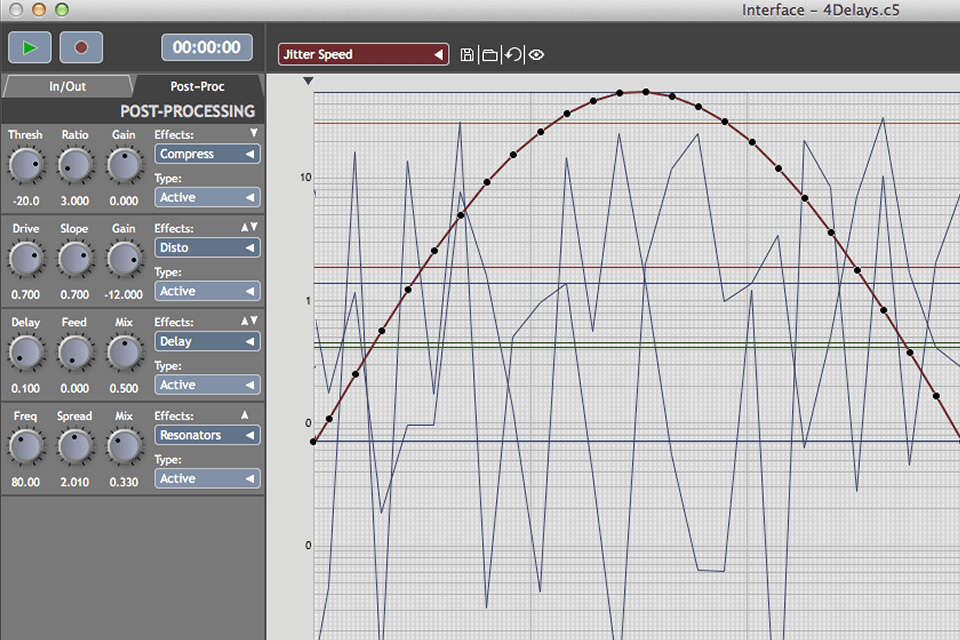
Verdict: TwistedWave can be used for editing and creating music, sound effects, and other audio files. It offers a simple interface, with powerful features and great speed. The audio file that is produced by TwistedWave will be transcribed into a WAV file, and this file will contain the original quality of the sound.
TwistedWave has a feature known as "Ducking", which allows the audio to be recorded so that the volume of the individual sounds will be controlled automatically, and this will allow the audio editor to adjust the level of a sound easily. The other feature of TwistedWave is "Live Touch" which is allow the user to listen to the audio file through his or her microphone and then edit it using the standard Linux editor.
